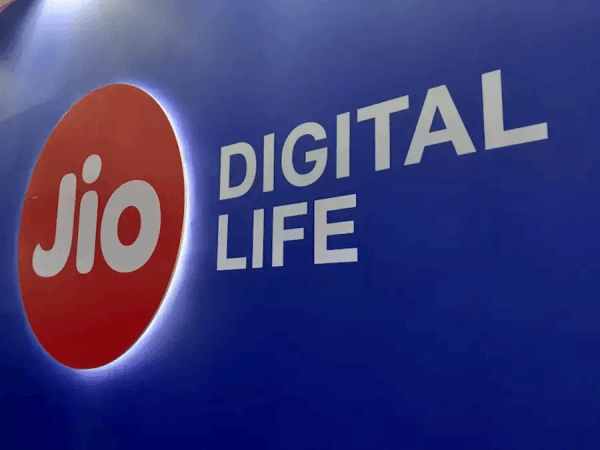Reliance Jio on Thursday completed the acquisition of Reliance Communication Ltd.'s (RCOM) tower and fiber assets by paying Rs 3,720 crore to the lenders.
According to sources, the company has deposited Rs 3,720 crore in the escrow account of the State Bank of India (SBI).
In November, the National Company Law Tribunal (NCLT) had given its approval to Jio for the acquisition of Reliance Infratel (RITL), an RCOM subsidiary that houses the tower and fibre assets.
The tribunal had allowed Jio to deposit Rs 3,720 crore in the escrow account of SBI.

On November 6, Jio moved a petition in the NCLT Mumbai proposing to deposit Rs 3,720 crore in an escrow account of SBI to complete the acquisition of Reliance Infratel.
In November 2019, Jio had placed a bid of Rs 3,720 crore to acquire the tower and fibre asset of RCOM.
The Committee of Creditors has already approved the resolution plan by Jio on March 4, 2020, with a 100 per cent vote, but the acquisition process could not reach finality due to the differences between the lenders over the distribution of funds.
According to an application moved by Reliance Projects and Property Management Services, a subsidiary of Jio, the company had said that due to the pendency of the proceedings over the distribution of the amount and issuance of the 'no dues' certificate, implementation of the resolution plan is delayed.

The petition said, "Such delay is causing severe harm to the interest of the corporate debtor as well as the resolution applicant, and such delay will deteriorate the value of assets."
RITL has fibre assets of around 1.78 lakh route kilometers and 43,540 mobile towers across the country.
According to the NCLT order, the funds will be distributed amongst the lenders once the inter-creditor dispute over the distribution of resolution funds is settled.
SBI and a few other banks, including Doha Bank, Standard Chartered Bank, and Emirates Bank, are engaged in a legal battle over the distribution of funds. The matter is pending before the Supreme Court.
Doha Bank had challenged the classification of claims from the indirect creditors of RITL as the financial creditors by the resolution professional.

















